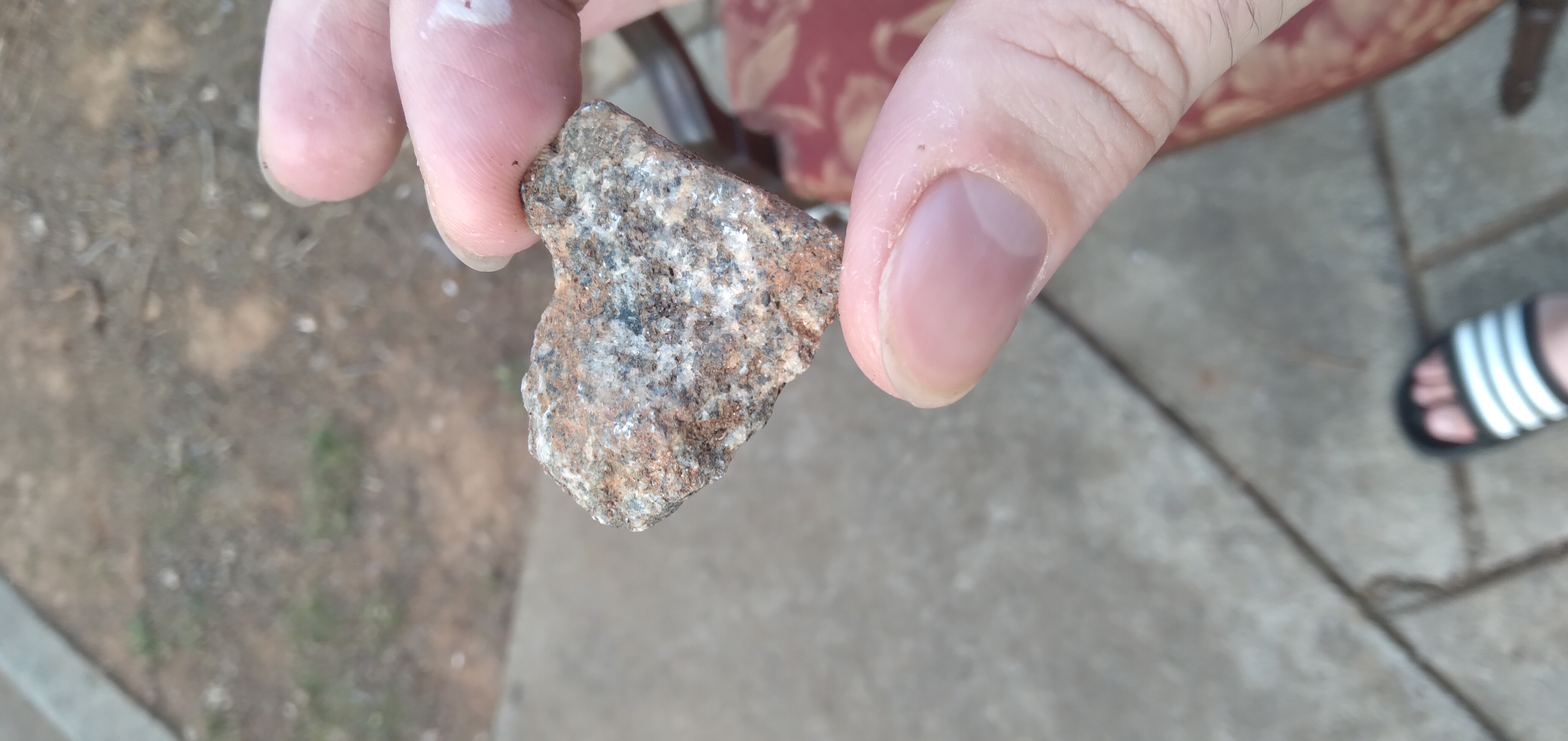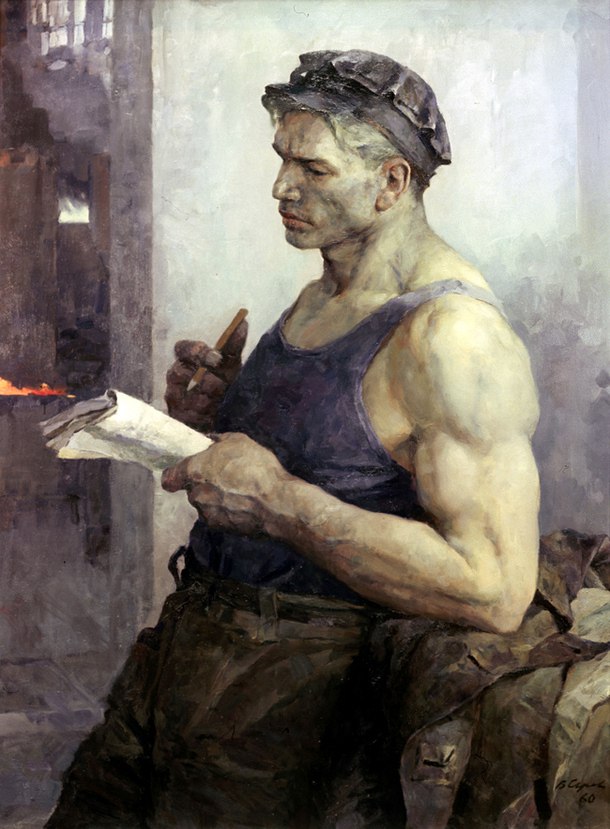Got an ask on my Tumblr:
spoiler
Hihi! I'm the person from the replies and I wanted to thank you for your thoughtful response (not everyone is so kind!)
I found all of that really interesting and I just wanted to ask your opinion on a certain situation, if that's okay.
Recently I went to Vietnam - spending time in cities both in the South and the North. I had a wonderful time and was BLOWN AWAY but their resilience and the strength of their communism. Hardly any advertisments, hardly any big fast food chains - beautiful murals of communist ideals - I could go on and on.
But as an American, even a black one, I understood the sickening disparity in the dong and dollar, and other things caused by the US's cruelty.
But to my surprise, many of them seemed warm to Americans, very warm. And if anything, they spoke worse about their history/relations with the Chinese (colonization) more than .. you know the numerous atrocities!! committed by the US - or even their history with the French.
I was confused about a society that is very clearly communist, and strong in those morals, could have more hostility towards another communist country, - one of (if not) the most powerful communist country, in the world - given everything.
What do you think? Even now, Vietnam is strengthening relations with the US.. yet when I was there, they didn't seem interested in incorporating capitalism or American culture any time soon - unlike say Thailand.
So what else could it be driving this involvement with the US? I was so dazzled with their history and strength within communism, that I kind of see them as a leading example of the thought system in the modern world.
Once again, thank you for your time and kindness. I know disagreements on this site can often get weird, but even if I don't agree, I think your replies spawn conversation and thought that needs to be had in the modern day - which is the point in all this.
Have a good day or night!
And honestly, I have not a clue. Does anybody know how to answer this?
I will be giving anonymous credit to anyone helping me with this, unless you'd like explicit credit, but I know most everyone here values their anonymity.
I'd point you to Luna Oi, who is Vietnamese and frequently talks about the country, it's socialism, and how Western media lies about it.
Here is one recent video about the geopolitics behind Vietnam's relations with the US vs. it's relations with China. Here are her tweets where she first discussed the issue, before making the video.
Another video debunks the common notion propagated in Western press that Vietnamese people love capitalism. And the original tweets from before she made the video.
Xi Jinping also visited Vietnam, but that didn't get the attention that Biden's visit did. Before that, the Vietnamese PM also went to China. And before that, the General Secretary of the CPV visited China and was presented with the Friendship Medal of China, the highest order of honor it bestows on foreigners.
I found YouTube links in your comment. Here are links to the same videos on alternative frontends that protect your privacy:
Link 1:
Link 2:
What's driving this involvement with the US?
International relations stuff is not just A is bad B is now friend. For Vietnam to get as much resources as it can while staying friendly and peaceful towards those that offer to help, it cannot always stir the history soup and make a big deal out of its painful past. Vietnam is more than just whatever came out of the US-Vietnam war.
I'm not sure I agree with the take that Vietnam favors US relations because China did bad things. It paints Vietnam as antagonizing US and China relations. While US-China relations are in fact poor, the reality is Vietnam is a much smaller country that seeks cooperation and as much help as it needs, and has no chance to point out this antagonism publicly.
Vietnamese being very warm and welcoming to visitors may skew their sentiment towards USians coming from the Wild West. The fact that y'all come at all is pretty cool, shows that the food is good and the landscape nice.
Vietnam also receives Chinese visitors, all the time and all day of the year. They show the same appreciation, but it is quite normalized. Both China and Vietnam relations also go a long way back, so there is less of an element of novelty, therefore less need to be humble and polite. China, after all, is like a (much) bigger brother.
"US better" is definitely not the sentiment when I ask Vietnamese this question. They admit China's support is more appreciated and frankly, useful, but wishes to be less coupled to China. The US involvement is annoying to some, and appreciated by others. I don't know if there is much heft to it other than friendly words on paper and in the press.
When Biden visited, Vietnam agreed to receive a lot of help and support in technological, scientific, and energy domain from the US, as well as help to (continue) undoing the mass destruction the US has caused
in return for the bodies of US soldiers. I don't think Vietnam has forgotten at all. The agreement is not because US is better. Sino-Vietnamese trade stands strong.Here's another element to the story. China borders Vietnam and thus it (under various names and governments) has history with Vietnam (also under various names and governments) that spans way back to before either were communist.
In Vietnam, it is taught in history classes at a primary level about conflicts and wars with China that last a total of a thousand years. Was this communist China? No, neither was it communist Vietnam. But is it still significant to the extent that it is historical knowledge that is taught in the main curriculum. Otherwise if we solely teach (joint North-South) communist Vietnam history you'd run out of content pretty quick as the country is so recently established.
I don't know what or if at all communist Chinese history is taught in the curriculum. But yeah Chinese warlords did engage in a lot of wars and invasions with the warlords down south in Vietnam.
Now the Sino-Vietnamese war did happen. The sentiment was perhaps a feeling of betrayal and shock. Many understand why China might have invaded, including the involvement of Pol Pot.
But things have changed. I always say this: historical events are real events that happened but they don't act as static backdrop to reduce present phenomenon to simple yes no causality. They are for personal remembrance and for future lessons. Both China and Vietnam have made strict plans to normalize relations in the early 90s. Here is a translated excerpt from a recent article on 45 years after the Sino-Vietnamese war:
With the spirit of "Putting the past aside, looking forward to the future", we have built a bridge across the painful pit of war, working together to build an increasingly sustainable relationship between Vietnam and China!
It is more often discussed how terrible the Pol Pot government was during that time (they also killed and tortured many Vietnamese) and how necessary Vietnamese involvement was. There is also Cambodian-Vietnamese relations to sort out in this equation. While these wars are coupled in a way, modern treatments isolate them in order to rectify the relations individually with its neighbors.
Vietnam has also decided to move on with the US in a similar vein to how it did with China. But the sentiment is not the same. To contrast, here's an excerpt from 2020 on 45 years after the US-Vietnam war:
The victory of Ho Chi Minh's campaign marked a major turning point in the nation's history, fully completing the goal of "Fighting the Americans out, fighting the puppets" as set out by President Ho Chi Minh; liberate all of South Vietnam, ending 21 years of national division, leading to the unity, independence, sovereignty and territorial integrity of Vietnam on land, airspace and sea; bringing our nation into a new era, the era of national independence and socialism throughout the entire Vietnamese Fatherland.
Conflicts in the South China Sea is a tricky one, but it's not swept under the rug. China and Vietnam have sought to sort out naval and armed conflicts in the area. While it is somewhat of a stale issue by now, I think we just have to wait to see how they decide to settle/regulate it.
Wait, did I read that correctly: USA provides reparative aid to Vietnam in exchange for the bodies of dead American soldiers from the invasion of Vietnam?
Ah you caught me out on that one, I was recalling from memory. Everything still holds, but it's actually US helping to detoxify the consequences of Agent Orange, support its victims, clearing out bombs, mines, etc. AND also recover and identify Vietnamese soldiers' remains. They never paid reparations for the damage so I guess this is it.
Its because of the Sino-Vietnamese War, and China propping up the Khmer Rouge as a counterbalance to South Vietnam. A problem that led to millions of refugees flooding Vietnam after China ceased funding them, and the CIA began arming Pol Pot, causing the Vietnamese army to be forced to intervene and stop the Cambodian Genocide. Ho Chi Min and the Vietnamese leadership were also far more receptive to the Soviet Union and traditional Marxism-Leninism, then Maoism, so the ideological divide even between two socialist nations was stark.
This is also an aside, but to a lesser extent, China's forays into the South China Sea has ticked off the Vietnamese, and rightfully so, though the ones that talk loudly about this are usually the nationalist and pro-west elements. However, even the hardliner socialist elements are worried about encroachment onto Vietnam's sovereignty as a nation, given that China did already go as far as initiating a hot war and invasion in the past; along with funding counter-revolutionaries to destabilize the Vietnamese government
These things have regretfully pushed Vietnam towards the US, because they have come to view their northern neighbor with suspicion and as a greater threat then the one currently posed by the US. Whether this is a good choice is obvious, but that is regretfully the situation.
I want to subscribe to this post because these are very interesting observations and I know almost nothing about present-day Vietnam.
My Vietnamese friend says they like Chinese people and China. I think maybe it's just how if you come to Norway, everyone will form a line to tell you Denmark is the devil, but they actually like Denmark more than they like almost anyone else.





